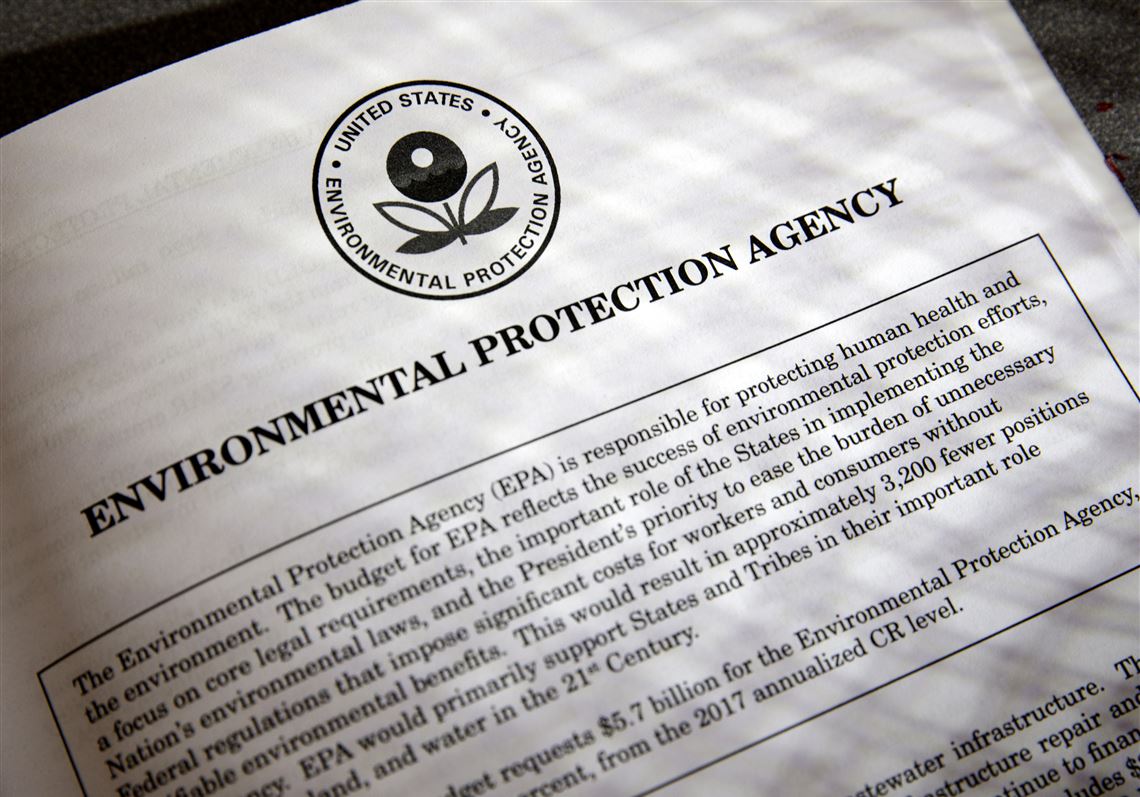On the second floor of the Carnegie Library of Pittsburgh on Sunday, Priya Donti could be found hunched over a laptop, combing through government databases on monthly normal temperatures across different states.
The Carnegie Mellon University student’s participation in the first Data Rescue Pittsburgh event was driven by just as much a passion for open and transparent data as fear. Disturbed by reports that Donald Trump’s presidential administration might review Environmental Protection Agency climate data before it’s published, she joined more than 40 programmers, activists, librarians and researchers in the library in an effort to pinpoint and secure publicly accessible data sets.
“The strength of a democracy rests on the ability of all of its citizens to have access to data and decisions that will allow them to make their own informed choices,” Ms. Donti said. “If that data is removed, or if that data is controlled, it’s sort of equivalent to controlling how people are able to think or speak.”
For five hours, participants huddled around tables to identify government data sets at risk of disappearing, with the goal of preserving them so the public has continued access to trustworthy archives of information. In one room, seeders worked to canvass the many data sets available through the U.S. Fish and Wildlife Service, while researchers and harvesters in another room explored the best ways to preserve that data.
It was an event not political in nature — “No matter who it is that is in office or about to come into office, there’s going to be some disruption to government websites in particular,” said University of Pittsburgh digital scholarship coordinator Aaron Brenner, an event organizer — but it comes at a time when scientists and researchers alike are concerned about the Trump administration’s disdain for evidence that human activity is causing climate change.
Although it is illegal to destroy government data, researchers across the country have expressed concerns that the Trump administration would make it harder to access it. They also fear proposed budget cuts to the Environmental Protection Agency and National Oceanic and Atmospheric Administration, in particular, could result in databases being altered.
“Some agencies are slated to be totally gone, or massively defunded, so they may not have the resources to continue maintaining these databases,” said participant Lauren Collister, a librarian at the University of Pittsburgh. “We’ve got these talents. We’re interested in actually using the data. So let’s take initiative.”
There have been dozens of sister events held nationwide since December, led jointly by the Environmental Data and Governance Initiative and the University of Pennsylvania’s DataRefuge, which aims to make trustworthy copies of information in the public domain that could be vulnerable under the new administration.
Local co-organizer Gesina Phillips, a digital scholarship librarian at Duquesne University, said the participants successfully finalized and uploaded a number of data sets on Sunday, the first step toward preserving vulnerable information. The long-term goal of these events is to ensure the data is usable, consistent and locatable, she said.
Ms. Phillips said the public’s access to reliable data is an issue that transcends presidential administrations, but acknowledged that new fears might be galvanizing activists.
“It woke us up to something we should have been doing. … If you poke into it, you realize that maybe it doesn’t matter who is in power,” Ms. Phillips said.
Julian Routh: jrouth@post-gazette.com, 412-263-1488, Twitter @julianrouth.
First Published: April 3, 2017, 4:00 a.m.


















